A Sip Through Time: Exploring the Rich History of Cider.
- 2022-05-07 05:00:00
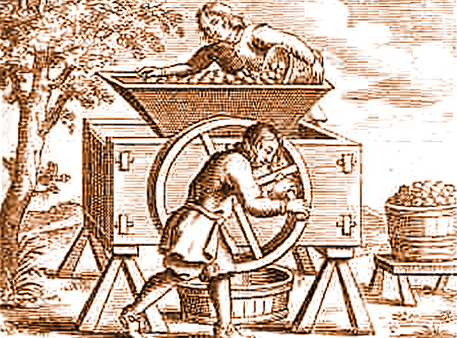
Cider, with its crisp and refreshing taste, has a history as rich and diverse as the apples from which it's made. From its ancient roots to its modern resurgence, cider has been enjoyed by cultures around the world for thousands of years. Join us on a journey through time as we explore the fascinating history of cider and its enduring legacy.
- Ancient Origins: The history of cider dates back to ancient times, with evidence of fermented apple beverages found in archaeological sites dating back thousands of years. The ancient Greeks and Romans are believed to have produced cider-like drinks using wild apples, honey, and other natural ingredients. In ancient Rome, cider, known as "sikera," was consumed as a popular beverage among soldiers and civilians alike.
- Medieval Europe: During the Middle Ages, cider production flourished in Europe, particularly in regions such as Normandy, Brittany, and the English countryside. Monasteries and abbeys played a significant role in cider production, with monks cultivating orchards and refining techniques for apple cultivation and fermentation. Cider became a staple beverage for peasants and nobility alike, enjoyed as a refreshing alternative to water and ale.
- Colonial America: Cider making was brought to the New World by European settlers, who planted apple orchards throughout the American colonies in the 17th and 18th centuries. Colonial Americans embraced cider as a versatile and accessible beverage, using it for everything from quenching thirst to preserving apples for the winter months. Cider mills and presses became common fixtures in colonial communities, and cider was often enjoyed with meals or as a social libation at taverns and gatherings.
- Prohibition and Decline: The 19th and early 20th centuries brought challenges to the cider industry, particularly in the United States, where the temperance movement and Prohibition dealt a significant blow to cider production. Many orchards were destroyed, and cider making fell out of favor as other beverages such as beer and soda gained popularity. In Europe, industrialization and urbanization led to the decline of traditional cider making in favor of more commercially produced alternatives.
- Modern Resurgence: In recent decades, cider has experienced a renaissance, fueled by a growing interest in craft beverages and artisanal products. Cider makers around the world have embraced traditional techniques and innovative approaches to cider making, resulting in a diverse array of styles, flavors, and expressions. From dry and tart to sweet and sparkling, modern ciders offer something for every palate, with an emphasis on quality ingredients and small-batch production.
- Global Diversity: Today, cider is enjoyed in countries around the world, each with its own unique cider-making traditions and styles. In England, traditional cider making remains a cherished cultural practice, with orchards and cider houses dotting the countryside. In France, cider production is centered in regions such as Normandy and Brittany, where artisanal producers craft complex and nuanced ciders using heirloom apple varieties. In the United States, craft cider makers are leading the charge in innovation, experimenting with different apple varieties, fermentation techniques, and flavor profiles to create distinctive and memorable ciders.
- The Future of Cider: As cider continues to gain popularity and recognition on the global stage, the future of cider looks bright and promising. With an emphasis on sustainability, terroir-driven production, and consumer education, cider makers are poised to elevate cider to new heights of excellence and appreciation. As consumers seek out authentic and locally sourced beverages, cider stands poised to capture the imagination and taste buds of a new generation of drinkers.
In conclusion, the history of cider is a testament to the enduring appeal of this beloved beverage. From its ancient origins to its modern revival, cider has evolved and adapted to the tastes and preferences of cultures around the world. As we raise our glasses to toast the past, present, and future of cider, let us celebrate the timeless spirit of craftsmanship, community, and enjoyment that cider brings to our lives. Cheers to the storied history of cider and the adventures that lie ahead!
Richard Parker, California
-
Recent Posts
-

Tequila, the elixir of agave, transcends mere libation to become a symphony of science, art, and alchemy. Join us on an expedition through the intricate world of tequila, where molecules mingle, flavors...
-
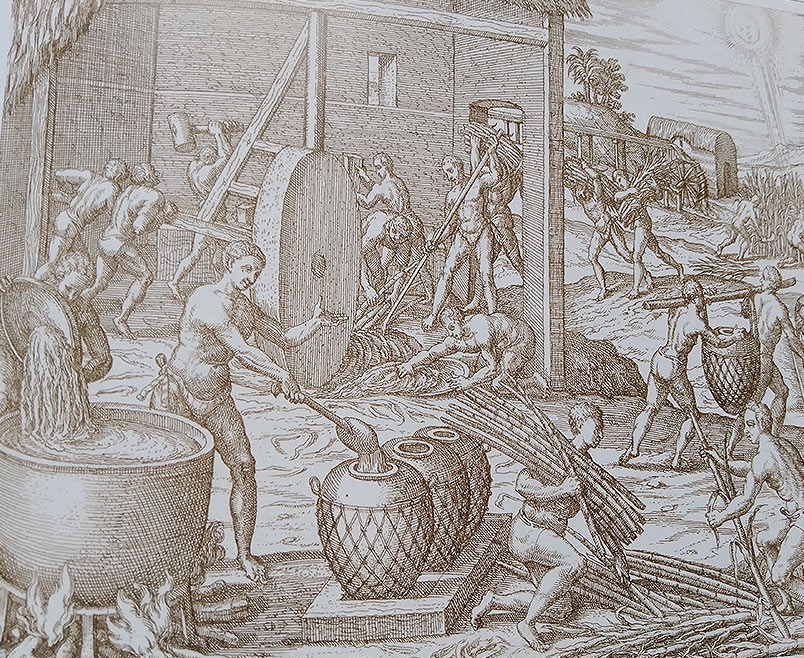
Rum, with its rich flavors and storied past, has woven itself into the tapestry of cultures and traditions around the world. From its origins in the sugarcane fields of the Caribbean to...
-
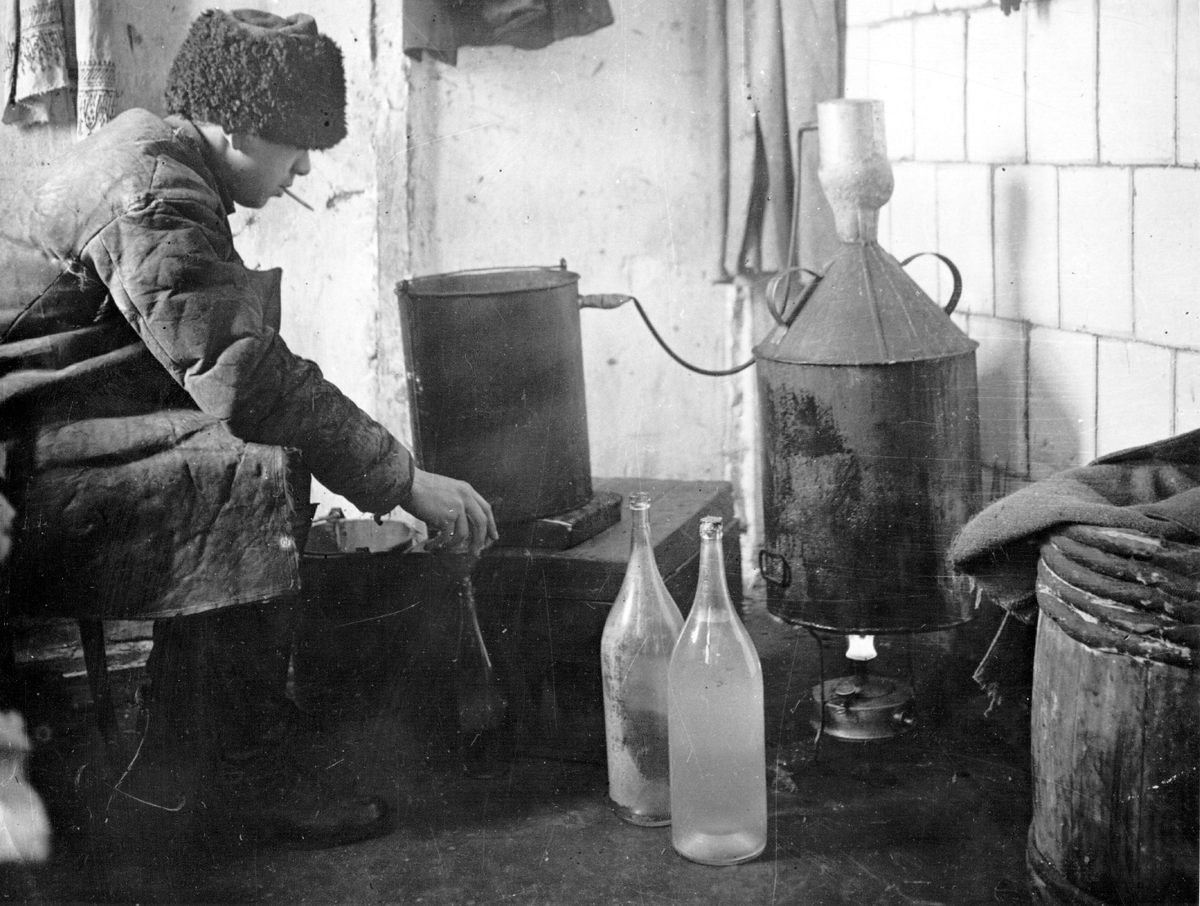
Vodka, with its clear, pure appearance and versatile nature, has a history as fascinating and diverse as the cultures that have embraced it. From its mysterious origins in Eastern Europe to its...
-

Whisky, with its complex flavors and rich heritage, has captured the hearts and palates of people around the world for centuries. From its humble beginnings in ancient civilizations to its global prominence...
-

Cider, with its crisp and refreshing taste, has a history as rich and diverse as the apples from which it's made. From its ancient roots to its modern resurgence, cider has been...
-
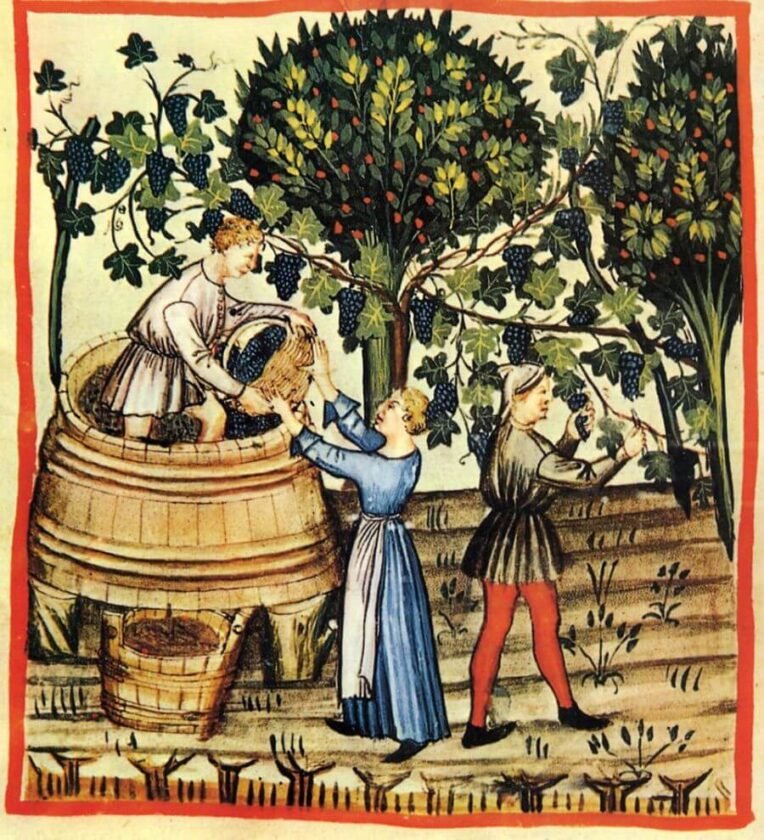
Wine, with its rich tapestry of flavors, aromas, and cultural significance, has been an integral part of human history for millennia. From its humble origins in ancient Mesopotamia to its global prominence...
-

Wine isn't just for drinking—it's also a versatile and inspiring medium for crafting and décor. Whether you're looking to add a touch of wine-inspired charm to your home or seeking unique gift...
-

There's no better way to explore the world of wine than by gathering friends and loved ones for a wine tasting party. Whether you're a seasoned oenophile or a curious novice, hosting...
-

Wine, with its complexity and nuance, is a beverage cherished for its ability to delight the senses and evoke a myriad of flavors and aromas. However, like any agricultural product, wine is...
-

Selecting the right wine glass can significantly enhance your enjoyment and appreciation of wine, allowing you to fully experience its aromas, flavors, and nuances. With a wide array of shapes, sizes, and...
-
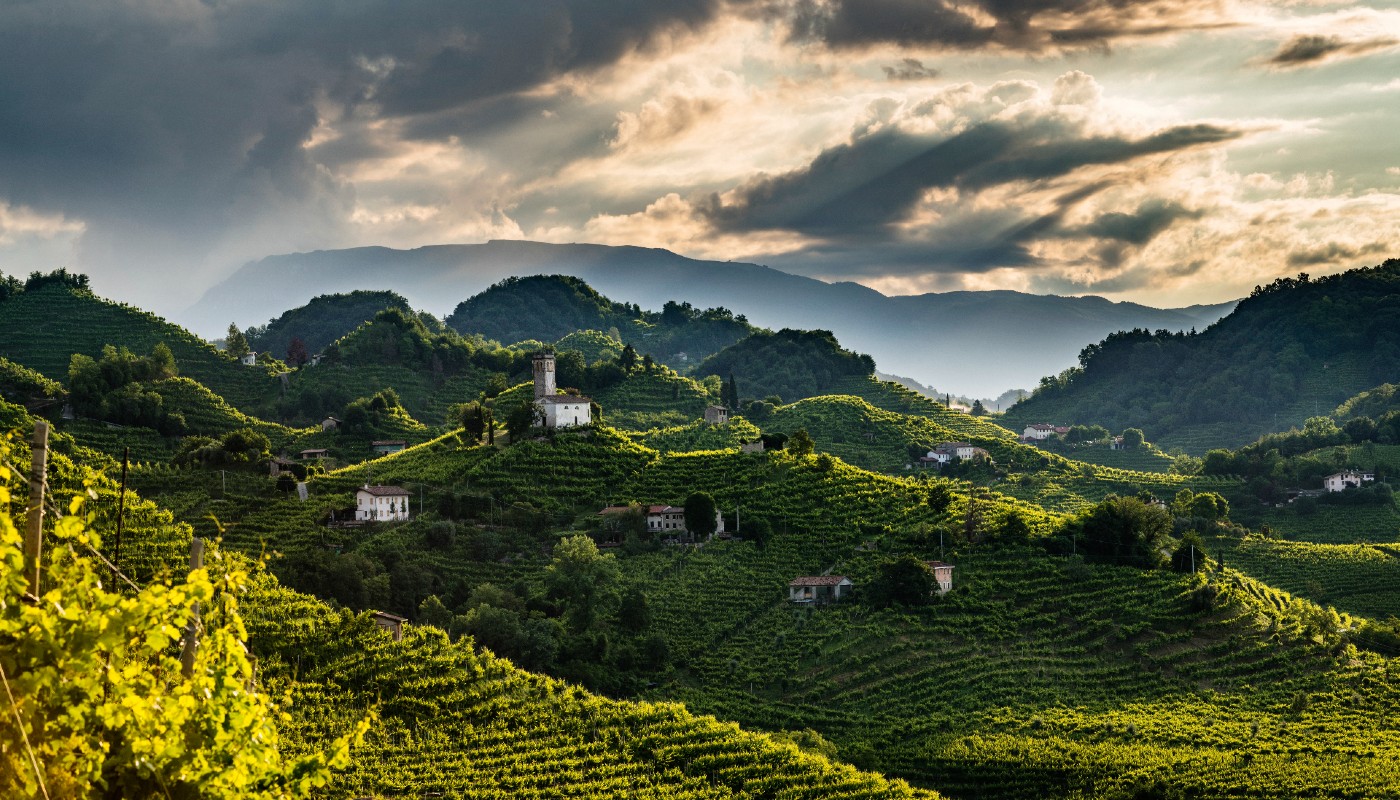
Nestled in the picturesque hills of the Veneto region in northeastern Italy lies the charming town of Conegliano, renowned as the birthplace of Prosecco and the epicenter of Italy's thriving sparkling wine...
-
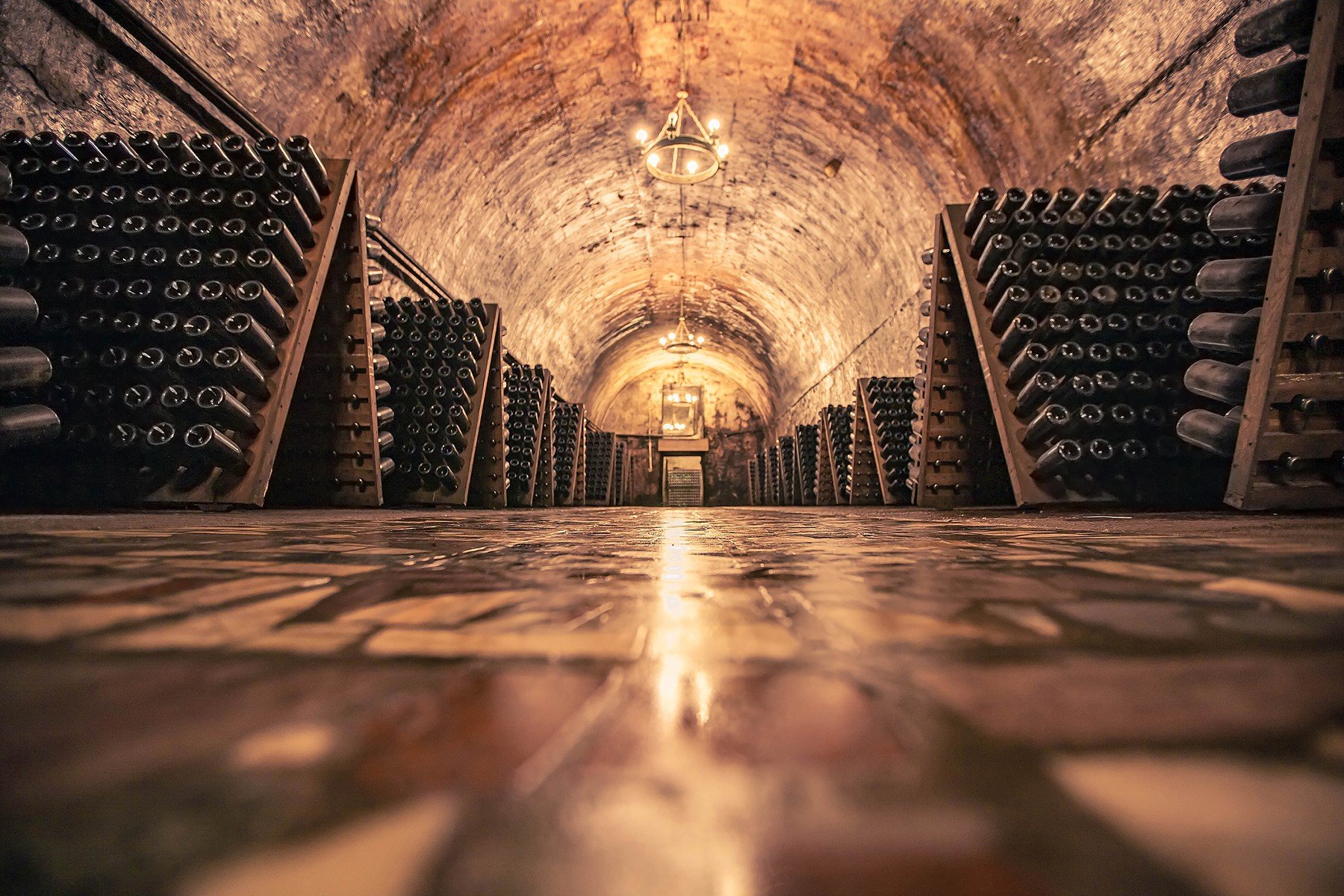
Champagne, the quintessential sparkling wine synonymous with celebration and luxury, is crafted through a meticulous and time-honored winemaking method known as the Méthode Champenoise. From grape to glass, the journey of Champagne...